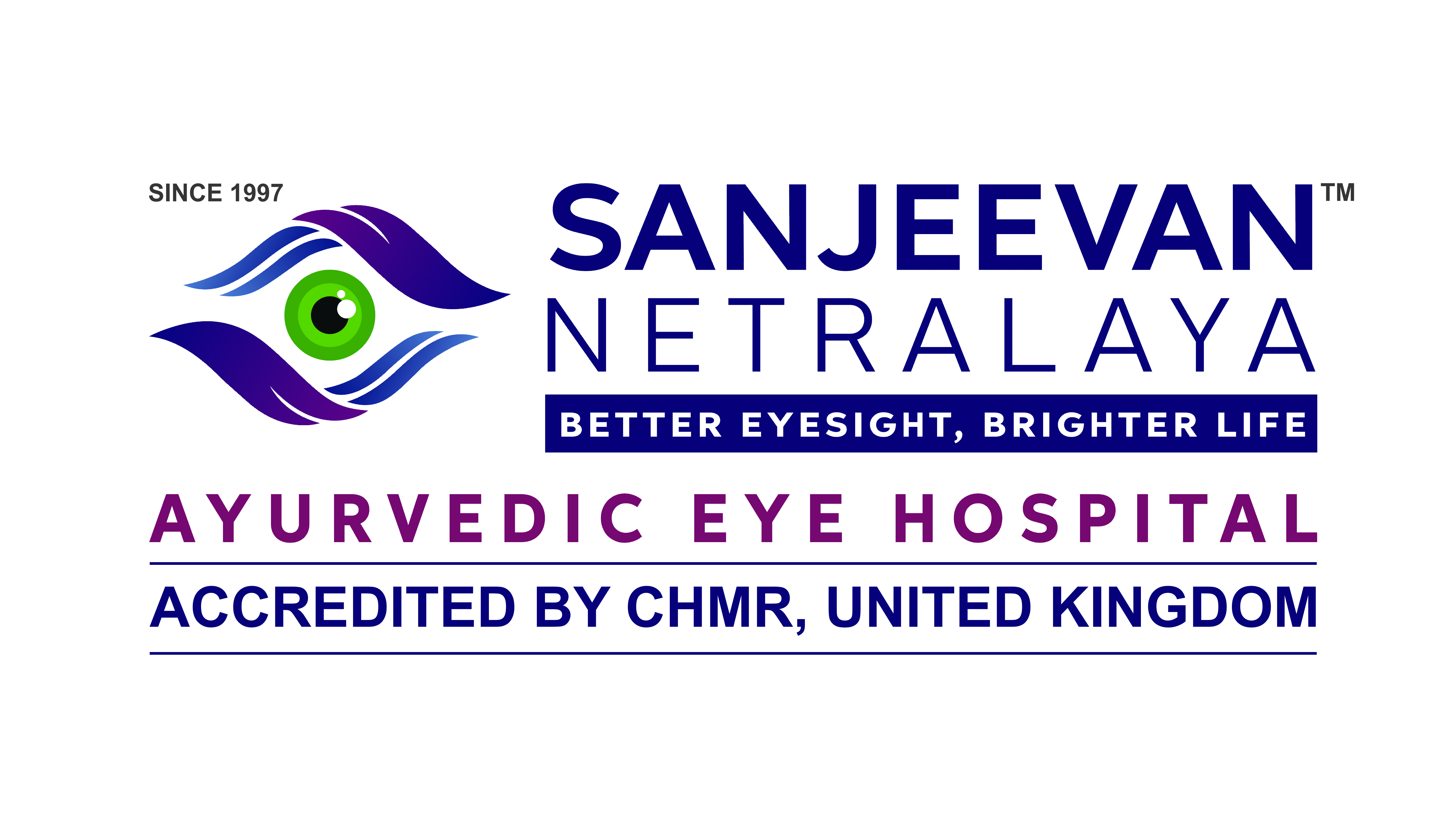- Hiren Suryawanshi
- Aug 14, 2024
- 2 min read
Updated: Sep 26, 2024

Diabetic Retinopathy (DR) is an eye condition caused by diabetes. DR occurs as the result of long-term high blood sugar levels that damage retinal blood vessels over time, leading to various changes and complications that impair vision and alter management strategies for those living with the disease. Understanding its causes is vital in taking proactive steps for maintaining both their health and vision - this article explores key elements leading to its formation.
1. High Blood Sugar Levels:
Diabetic retinopathy is caused by continuously elevated blood sugar levels - one of the hallmarks of diabetes. Over time, high blood sugar damages blood vessels throughout the body - including those in the retina. If left unchecked, these damaged blood vessels can weaken, leak, or become blocked leading to poor blood circulation and negatively impacting overall retina health.
2. Diabetes for an Extended Duration:
Diabetics at risk for diabetic retinopathy increase over time, so early diabetes detection, management, and regular eye examinations become even more crucial to safeguarding against diabetic retinopathy. This emphasizes the significance of early diagnosis, care management, and eye examinations for managing and monitoring their disease.
3. Poor Blood Sugar Control:
Proper blood sugar management is key in avoiding or delaying diabetic retinopathy. Diabetes that is poorly managed - with consistently elevated blood sugar levels - accelerates vessel damage and increases the risk of diabetic retinopathy.
4. High Blood Pressure:
Elevated blood pressure can exacerbate damage to blood vessels, making retinal vessels more prone to leakage and blockage.
5. High Cholesterol Levels:
Elevated cholesterol levels, particularly LDL (low-density lipoprotein) cholesterol, may also play a part in diabetic retinopathy development. Too much LDL cholesterol can cause blood vessels to narrow further and prevent proper blood flow through them, potentially leading to diabetic retinopathy.
6. Genetics:
Genetic factors play an integral part in an individual's susceptibility to diabetic retinopathy. Some individuals may inherit genes which make them more prone to diabetic retinopathy despite effective blood sugar control.
7. Pregnancy and Gestational Diabetes:
Pregnant women who have either gestational diabetes or are diagnosed with gestational diabetes are at increased risk of diabetic retinopathy due to hormone changes and fluctuations in blood sugar levels during gestation, which can have detrimental effects on retinal health.
8. Smoking:
Smoking is an important risk factor for developing and progressing diabetic retinopathy. Smoking damages blood vessels and compound the effects of diabetes on retinal health.
Sanjeevan Netralaya's Advanced Ayurvedic Eye Care has helped over 600,000 individuals with retinal concerns and offers tailored interventions for Diabetic Retinopathy without side effects. Call now to book an appointment and start seeing results of Diabetic Retinopathy treatment today at Sanjeevan Netralaya!

